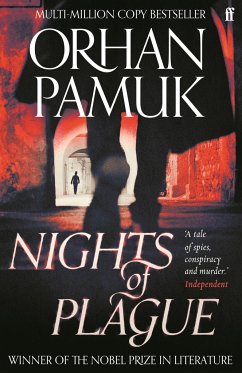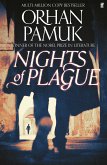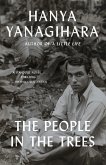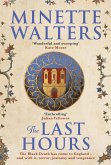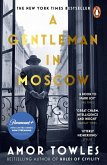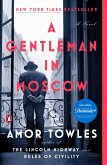§'Orhan Pamuk is the sort of writer for whom the Nobel Prize was invented.' Daily Telegraph
'Pamuk is the real thing.' Observer
'One of the world's finest living writers.' Independent
'Essential reading for our times.' Margaret Atwood
'Everyone should read Pamuk.' New Statesman
An epic and playful mystery of passion, fear, scandal and murder, from one of history's master storytellers.
1901. Night draws in.
With the stealth of a spy vessel, the royal ship Aziziye approaches the famous vistas of Mingheria, the twenty-ninth state of the ailing Ottoman Empire. The ship carries Princess Pakize, the daughter of a deposed sultan, her doctor husband, and the Royal Chemist, Bonkowski Pasha. Not all of them will survive the weeks ahead. There are rumours of plague - rumours some in power will try to suppress.
But plague is not the only killer. Mingheria is on the cusp of catastrophe, and the future of a fragile empire is at stake.
'A wry meditation on nationalism and identity, on history and myth, on science and superstition, delivered with Orhan Pamuk's trademark storytelling flair.' Financial Times
'A tale of spies, conspiracy and murder . . . full of vivid characters.' Independent
'Pamuk is the real thing.' Observer
'One of the world's finest living writers.' Independent
'Essential reading for our times.' Margaret Atwood
'Everyone should read Pamuk.' New Statesman
An epic and playful mystery of passion, fear, scandal and murder, from one of history's master storytellers.
1901. Night draws in.
With the stealth of a spy vessel, the royal ship Aziziye approaches the famous vistas of Mingheria, the twenty-ninth state of the ailing Ottoman Empire. The ship carries Princess Pakize, the daughter of a deposed sultan, her doctor husband, and the Royal Chemist, Bonkowski Pasha. Not all of them will survive the weeks ahead. There are rumours of plague - rumours some in power will try to suppress.
But plague is not the only killer. Mingheria is on the cusp of catastrophe, and the future of a fragile empire is at stake.
'A wry meditation on nationalism and identity, on history and myth, on science and superstition, delivered with Orhan Pamuk's trademark storytelling flair.' Financial Times
'A tale of spies, conspiracy and murder . . . full of vivid characters.' Independent

